The world of the NBA is never short on drama, and when the Cleveland Cavaliers faced off against the Indiana Pacers, the stakes were high for both teams. With the Cleveland Cavaliers aiming for a deep playoff run, many anticipated a close and competitive series. However, what unfolded in Game 3 left many fans, analysts, and basketball legends scratching their heads, particularly Charles Barkley, who didn’t hold back in his criticism of the Cavaliers. After a devastating loss to the Pacers, Barkley didn’t mince words, labeling the Cavaliers’ performance as a “choke extraordinaire” in the post-game analysis. His blunt assessment of the game has sparked intense debates and drawn attention to the Cavaliers’ shortcomings during a crucial playoff contest.
In this article, we’ll break down Barkley’s reaction, delve into the details of the Cavaliers’ shocking loss to the Pacers, and analyze the team’s performance to understand what went wrong in Game 3. We’ll also take a look at why the Cavs’ loss may have been a result of both poor execution and missed opportunities, leading to the infamous critique from Barkley.
Game 3: The Cavs’ Heartbreaking Collapse
The Cleveland Cavaliers entered Game 3 of their playoff series against the Indiana Pacers with momentum. After securing a narrow win in Game 2, the Cavs had the chance to take a commanding 2-1 series lead on their home court. On paper, the Cavaliers seemed to have all the tools necessary for success: a star-studded roster led by Donovan Mitchell, an elite defensive core, and a dynamic offensive system that had been effective all season long.
But something went terribly wrong.
From the opening tip-off, the Cavaliers seemed off their game. While the Pacers came out with aggression and focus, Cleveland was plagued by turnovers, poor shot selection, and lackluster defense. At multiple points during the game, the Cavaliers found themselves struggling to keep pace with the Pacers, who capitalized on nearly every mistake Cleveland made.
In the final minutes, the Pacers were able to mount a strong rally, stunning the Cavs and securing a win that not many had predicted. The Cavs, who were expected to hold their ground, became unravelled, ultimately losing the game in a fashion that felt like a complete collapse.
Charles Barkley’s ‘Choke Extraordinaire’ Comment
After the Cavaliers’ unexpected loss, the outspoken Charles Barkley didn’t hold back during his post-game analysis. On Inside the NBA, Barkley called the Cavaliers’ performance “choke extraordinaire,” slamming the team’s inability to close out the game and maintain control during key moments.
Barkley’s criticism was harsh but not without merit. He pointed out that the Cavs had every opportunity to seal the game, yet failed to capitalize. “You can’t blow leads like that in the playoffs,” Barkley stated. “When you have the game in your hands and let it slip away, that’s what I call a choke. It’s as simple as that.”
Barkley’s remark about the Cavaliers was directed at both the players’ execution on the court and their mental fortitude during crunch time. His comments were a reflection of the frustration that many fans and analysts felt after witnessing the Cavs’ performance. The team’s inability to finish the game in front of their home crowd was viewed as a major setback for their playoff aspirations.
The Cavaliers’ Mistakes: What Went Wrong?
1. Turnovers and Poor Ball Control
One of the most glaring issues for the Cavaliers in Game 3 was their ball control. They committed 15 turnovers, a number that was simply unacceptable in a high-stakes playoff game. The Pacers capitalized on these turnovers, scoring easy points off the fast break. Donovan Mitchell, who has been the driving force for Cleveland throughout the season, struggled with his decision-making, contributing to some of those turnovers.
The Cavaliers’ turnover problems weren’t just limited to Mitchell; other key players such as Darius Garland and Evan Mobley also had issues with ball security. These turnovers led to missed opportunities for the Cavs, as they squandered possessions that could have extended their lead and made the game easier to manage.
2. Defensive Lapses and Missed Assignments
While the Cavaliers have long been known for their solid defense, Game 3 was an outlier. The team’s defense was porous at times, particularly in the second half, where they allowed Indiana Pacers’ shooters to get open looks from beyond the arc. Tyrese Haliburton and Buddy Hield, two of Indiana’s biggest offensive threats, found space to get off easy shots, and Cleveland’s defense failed to close out on them effectively.
Another key issue was the Cavaliers’ inability to contain the Pacers on the offensive glass. Time and time again, Indiana grabbed crucial offensive rebounds, giving them second-chance opportunities that the Cavs could not afford to give up. These lapses in defensive intensity allowed the Pacers to keep the game close and eventually swing momentum in their favor.
3. Poor Shooting and Offensive Execution
While the Cavaliers have several players who can score, they struggled with efficiency in Game 3. Cleveland’s shooting percentage was below par, and their shots from beyond the arc were especially lackluster. The Cavs hit only 29% of their three-point attempts, which was a stark contrast to their usual offensive efficiency.
Mitchell, despite his efforts, found it difficult to generate offense in the final minutes of the game. He had some good looks, but many of his shots were contested or rushed, likely due to the mounting pressure of the game. Cleveland’s offense seemed to bog down during crunch time, and they were unable to execute plays that would have given them a secure lead.
4. Lack of Mental Toughness in Crunch Time
One of the most significant factors in the Cavaliers’ collapse was their inability to execute in the game’s final minutes. When the Pacers started making their comeback, the Cavs lacked the poise and mental toughness needed to close out the game. There were missed free throws, poor shot selection, and defensive breakdowns that all added up to a frustrating loss.
The pressure of being up in the game seemed to get to the Cavaliers, and they became disjointed on both ends of the floor. With the game on the line, Cleveland’s inexperience in handling high-pressure moments was exposed, and they allowed the Pacers to steal the game.
The Role of the Pacers: Credit Where It’s Due
While the Cavaliers’ collapse was significant, credit must also go to the Indiana Pacers for their resilience and determination. Tyrese Haliburton, in particular, played a key role in the Pacers’ comeback. His court vision, playmaking ability, and leadership were on full display as he orchestrated Indiana’s offense and helped them remain within striking distance.
The Pacers’ defense also stepped up when it mattered most, applying pressure on Cleveland’s ball handlers and forcing tough shots. Indiana made timely plays in the second half, and their confidence grew as they capitalized on Cleveland’s mistakes.
The Pacers may have been underdogs in the series, but their win in Game 3 showed that they were more than capable of hanging with the Cavaliers and exploiting their weaknesses.
The Fallout: What Happens Next for the Cavaliers?
After such a heartbreaking loss, the Cleveland Cavaliers face an uphill battle in the series. Their 2-1 lead over the Pacers has now vanished, and the pressure is squarely on their shoulders. Game 4 will be critical for Cleveland as they look to regain control of the series and avoid further criticism.
To move forward, the Cavaliers must address the issues that led to their Game 3 collapse. They need to clean up their turnovers, improve their defensive rotations, and execute better offensively. Most importantly, they need to find the mental toughness that will help them close out games and perform under pressure.
Donovan Mitchell, as the team’s leader, will need to be even more impactful in Game 4. His ability to take charge in key moments will be crucial to the Cavaliers’ success. If Mitchell can find his rhythm and get his teammates involved, Cleveland will have a better chance of bouncing back.
Conclusion: A Wake-Up Call for the Cavaliers
Charles Barkley’s “choke extraordinaire” comment was a harsh but fitting assessment of the Cavaliers’ performance in Game 3. The team’s inability to execute down the stretch, combined with their defensive lapses and poor offensive efficiency, led to a stunning loss that could have serious implications for their playoff run.
As the series continues, Cleveland will need to regroup and learn from their mistakes. The pressure is on the Cavaliers to respond to their critics, including Barkley, and prove that they have the mental fortitude to thrive in the playoffs. How they bounce back from this loss will determine whether they can continue to compete at a high level or if they’ll face an early exit from the postseason.
For the Cavaliers, it’s clear: the road to playoff success will require not only talent and skill but also the ability to rise above adversity and execute when the stakes are highest.
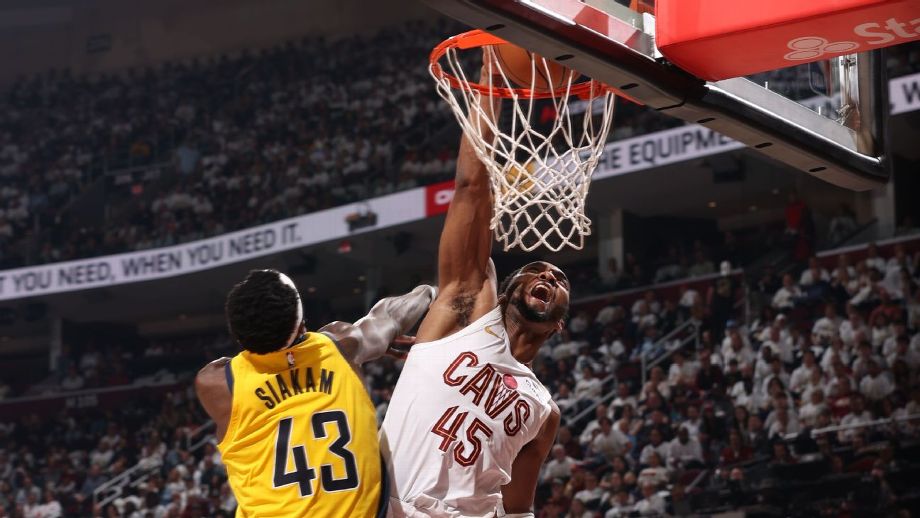
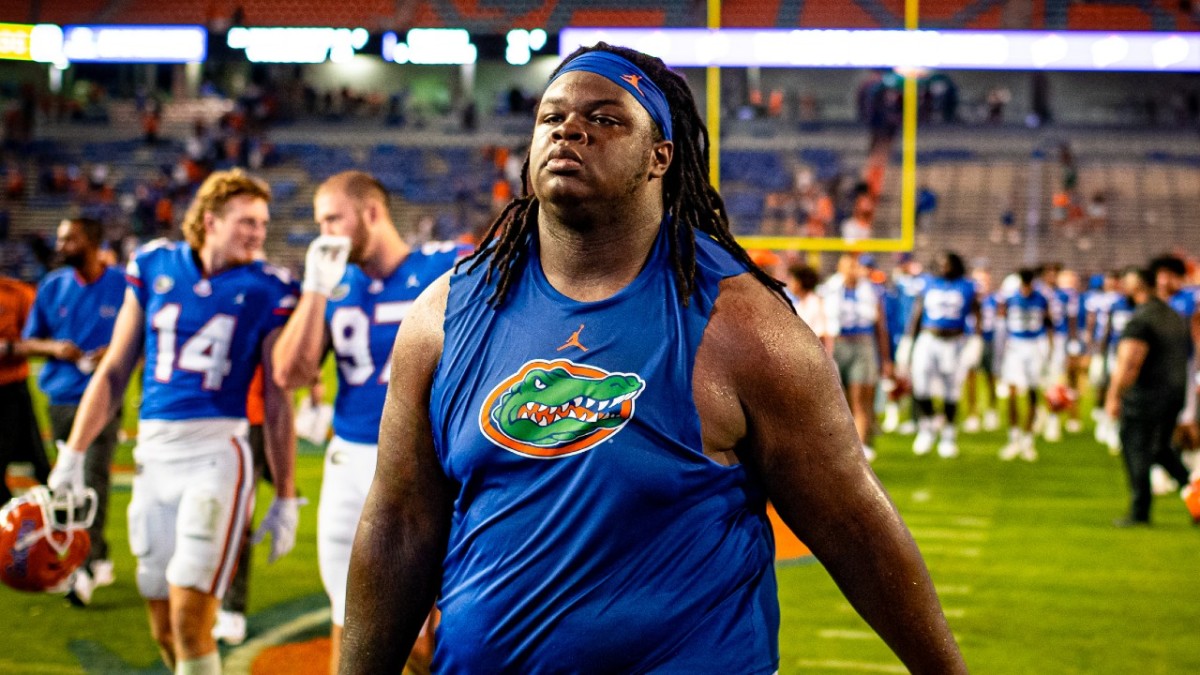
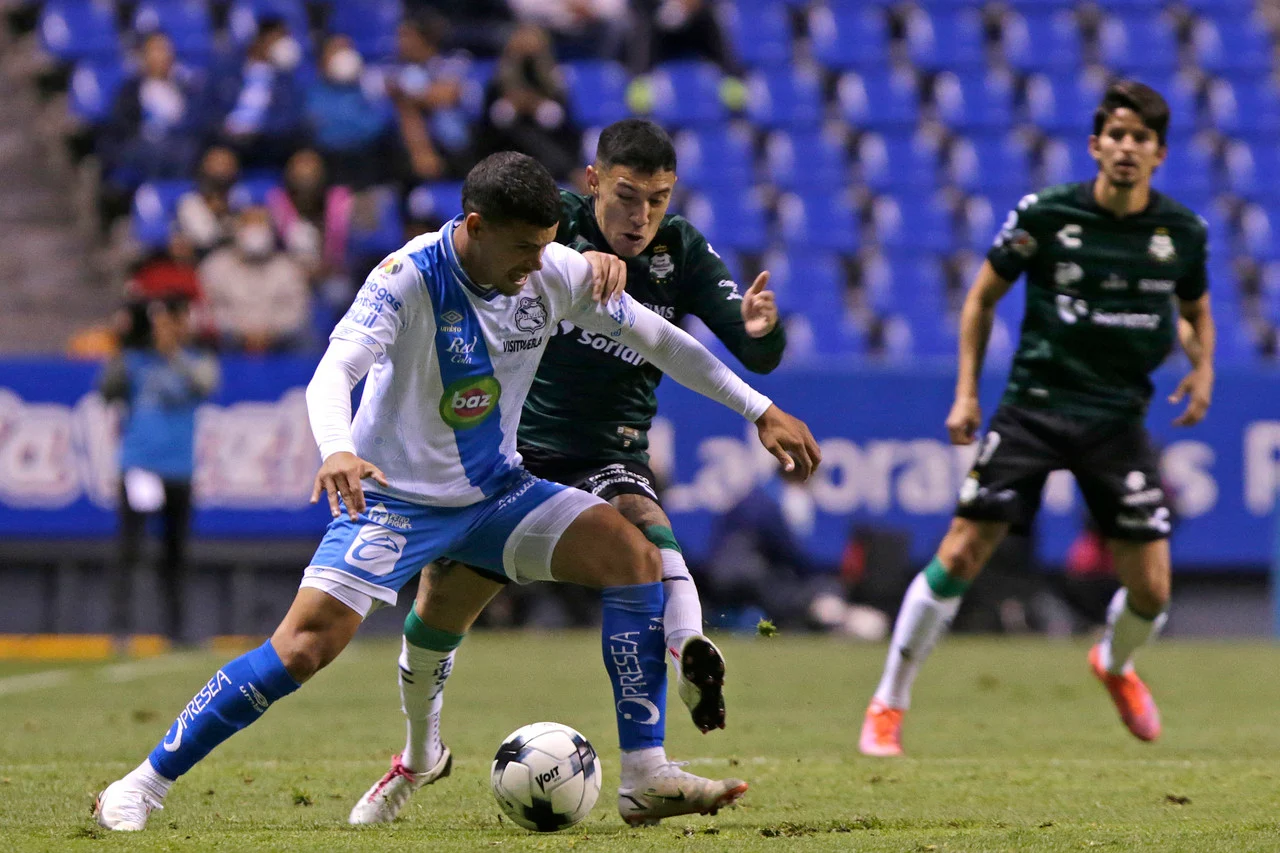
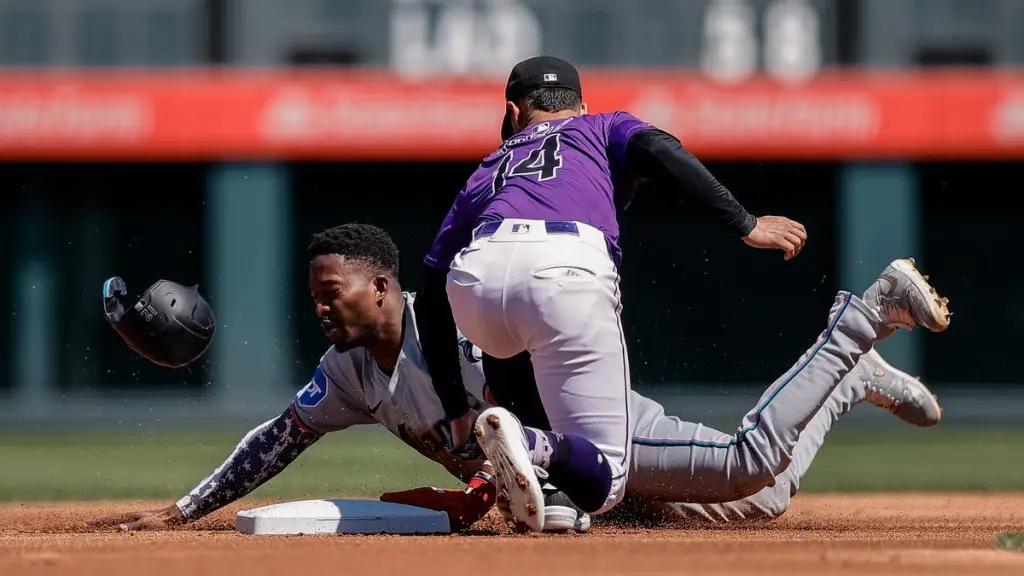

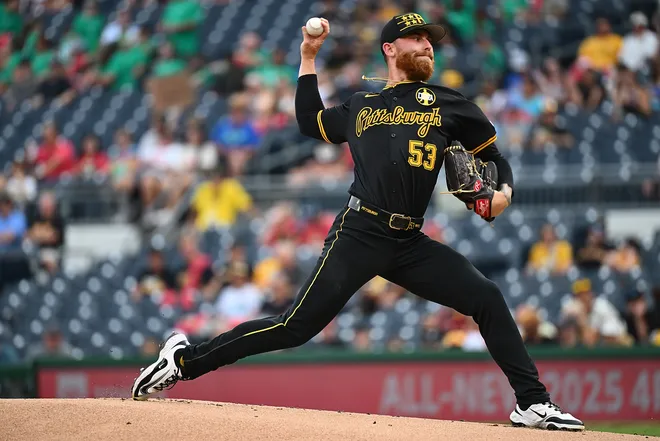
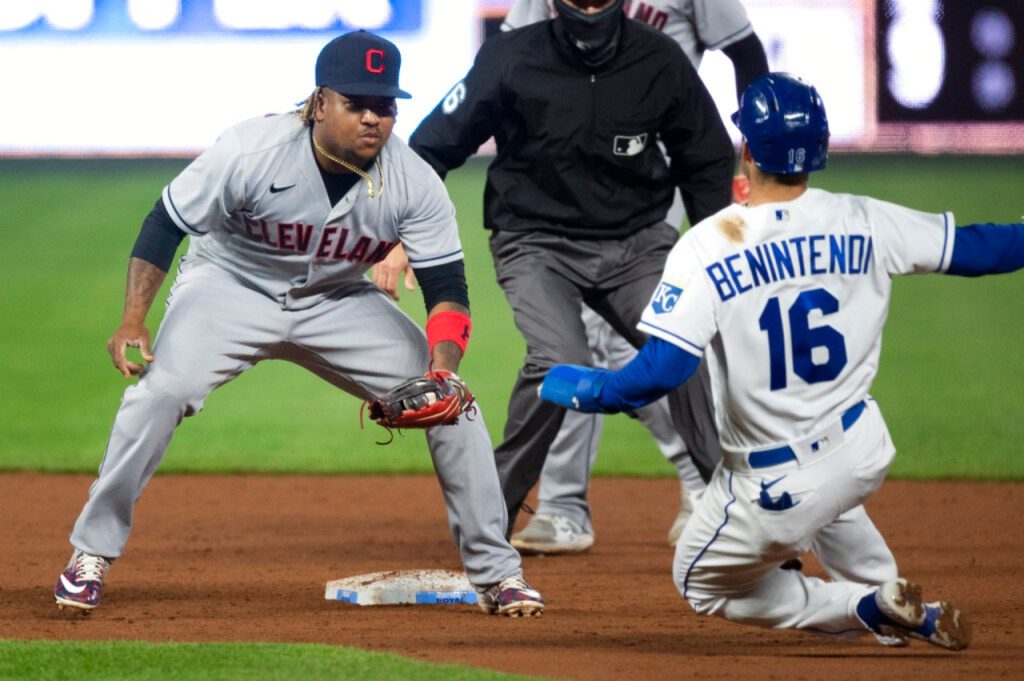
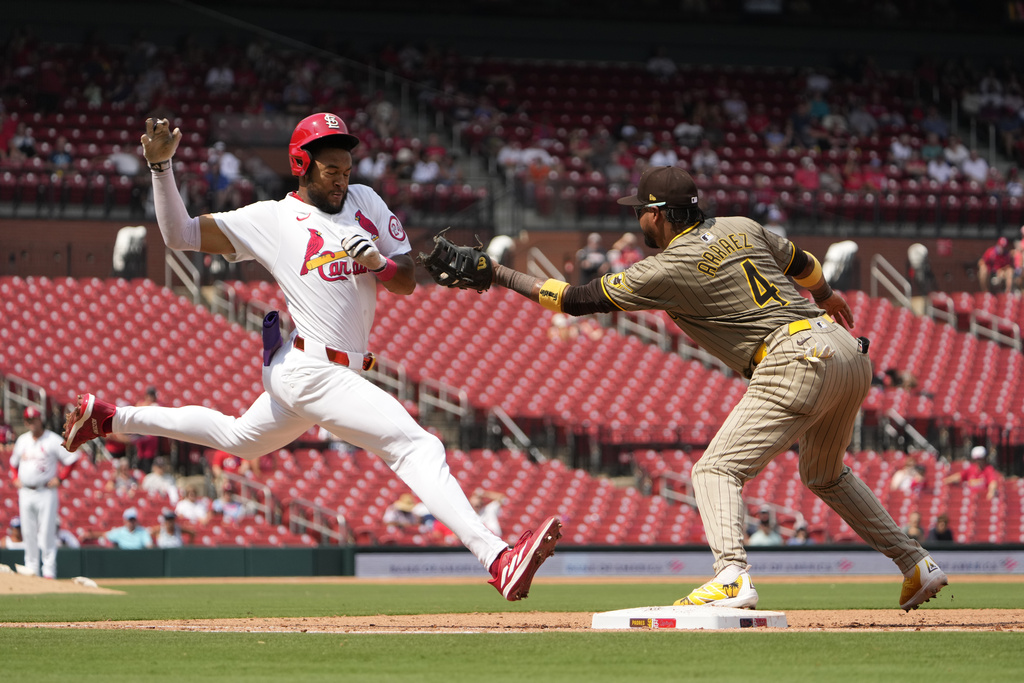
Leave a Reply